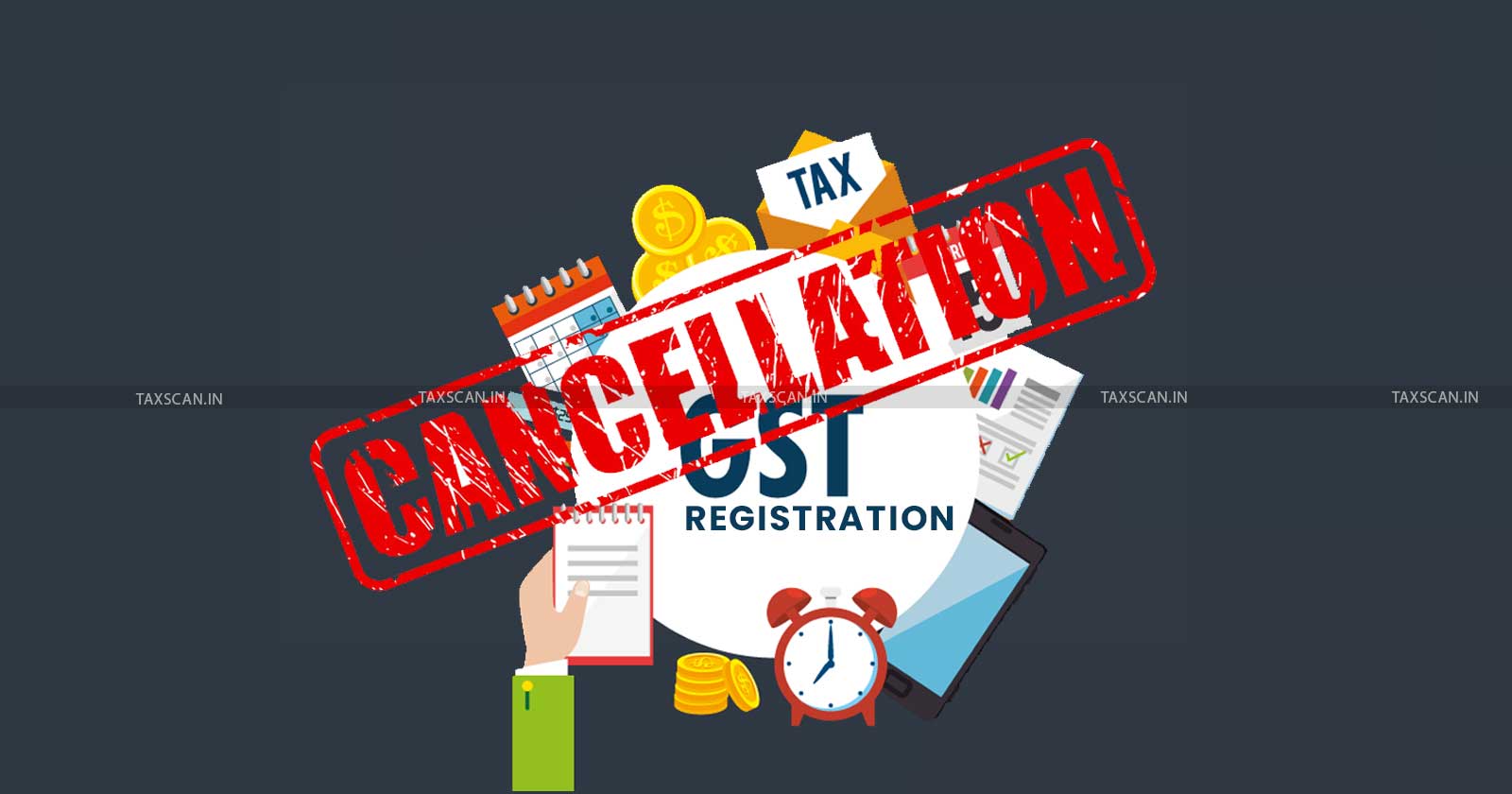Allahabad HC Upholds validity of GST Notice uploaded in Common Portal u/s 169 (1)(d) of CGST Act, Dismisses Petition [Read Order]
The notice was uploaded on the common portal, which is a mode of service mentioned in clause (d) of Section 169(1), therefore, clause (f) has no play or application
![Allahabad HC Upholds validity of GST Notice uploaded in Common Portal u/s 169 (1)(d) of CGST Act, Dismisses Petition [Read Order] Allahabad HC Upholds validity of GST Notice uploaded in Common Portal u/s 169 (1)(d) of CGST Act, Dismisses Petition [Read Order]](https://images.taxscan.in/h-upload/2025/07/24/2068492-allahabad-hc-allahabad-hc-upholds-validity-of-gst-notice-validity-of-gst-notice-taxscan.webp)
The Allahabad High Court in its recent case upheld the validity of the Goods and Service Tax (GST) notice uploaded in common portal under section 169(1)(d) of the Central Goods and Service Tax (CGST) Act, 2017 and dismissed the writ petition challenging the same.
Radha Industries, the petitioner challenged the final order passed under Section 74(9) of the Uttar Pradesh Goods and Services Tax Act, 2017 is that the service was not in terms of Section 169, however, in the same vein he says that the notice was uploaded on the common portal, which is a mode prescribed under Section 169 (1)(d), however, he relies upon clause (f), especially on the words, "if none of the modes aforesaid is practicable, by affixing it in some conspicuous place at his last known place of business or residence and if such mode is not practicable for any reason, then by affixing a copy thereof on the notice board of the office of the concerned officer or authority who or which passed such decision or order or issued such summons or notice".
 Also Read:GST Appeal on Registration Cancellation Rejected without Reasons: Allahabad HC sets aside Order, says Quasi-Judicial Orders Must Be Reasoned [Read Order]
Also Read:GST Appeal on Registration Cancellation Rejected without Reasons: Allahabad HC sets aside Order, says Quasi-Judicial Orders Must Be Reasoned [Read Order]
The submission is that though the notice was uploaded on the common portal which was permissible in view of Section 169, but the petitioner's employee who had the password, left the job and, therefore, the petitioner could not access the portal nor could he know about the notice. He came to know about it only when his account was attached in another case.
Comprehensive Guide of Law and Procedure for Filing of Income Tax Appeals, Click Here
Based on the aforesaid fact, he says that the words, 'if none of the modes aforesaid is practicable', occurring in clause (f) of Section 169(1) come to his rescue, as, in the aforesaid circumstances, he preposes a question presumably to himself that after all who will decide as to whether the petitioner could access the portal or not. We are not impressed by the argument at all.
The words, 'if none of the modes aforesaid is practicable' occurring in clause (f) of Section 169(1) refer to the modes of service referred in the preceding clause not being practicable on the part of the department which is to issue the notice and it does not cater to a scenario with which the petitioner claims to have been faced.
A division bench of Justice Rajan Roy and Om Prakash Shukla found that the petitioner's counsel has misread and misunderstood the purport, meaning and application of clause (f) of Section 169(1). In this case it is not denied that the notice was uploaded on the common portal, which is a mode of service mentioned in clause (d) of Section 169(1), therefore, clause (f) has no play or application in the facts of this case.
Since there is no application of Section 169(1) clause (f) , the Writ Petition stands dismissed, however, without prejudice to rights of the petitioner to file an appeal against the impugned order, as far as it may be permissible in law.
Support our journalism by subscribing to Taxscan premium. Follow us on Telegram for quick updates


